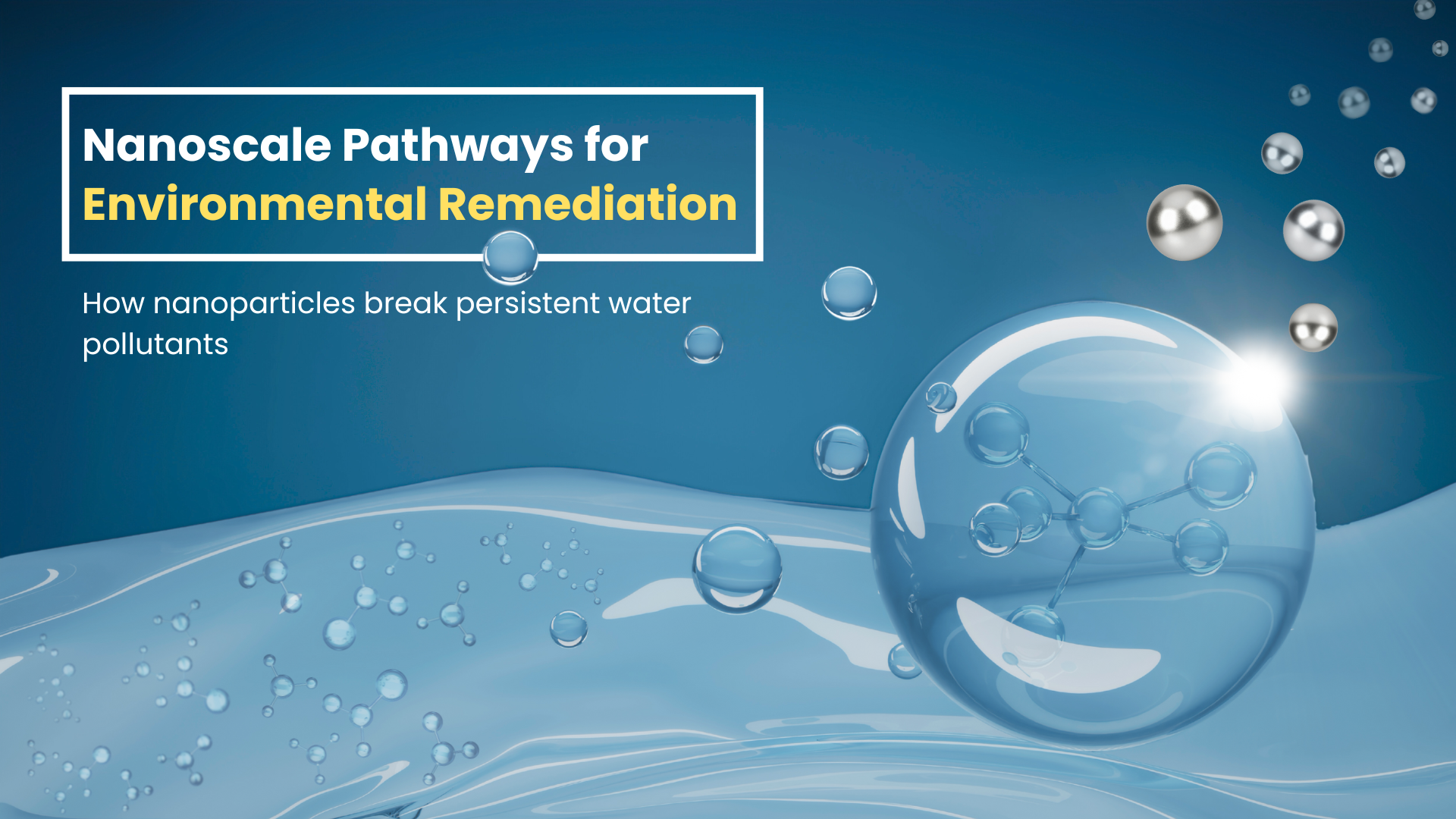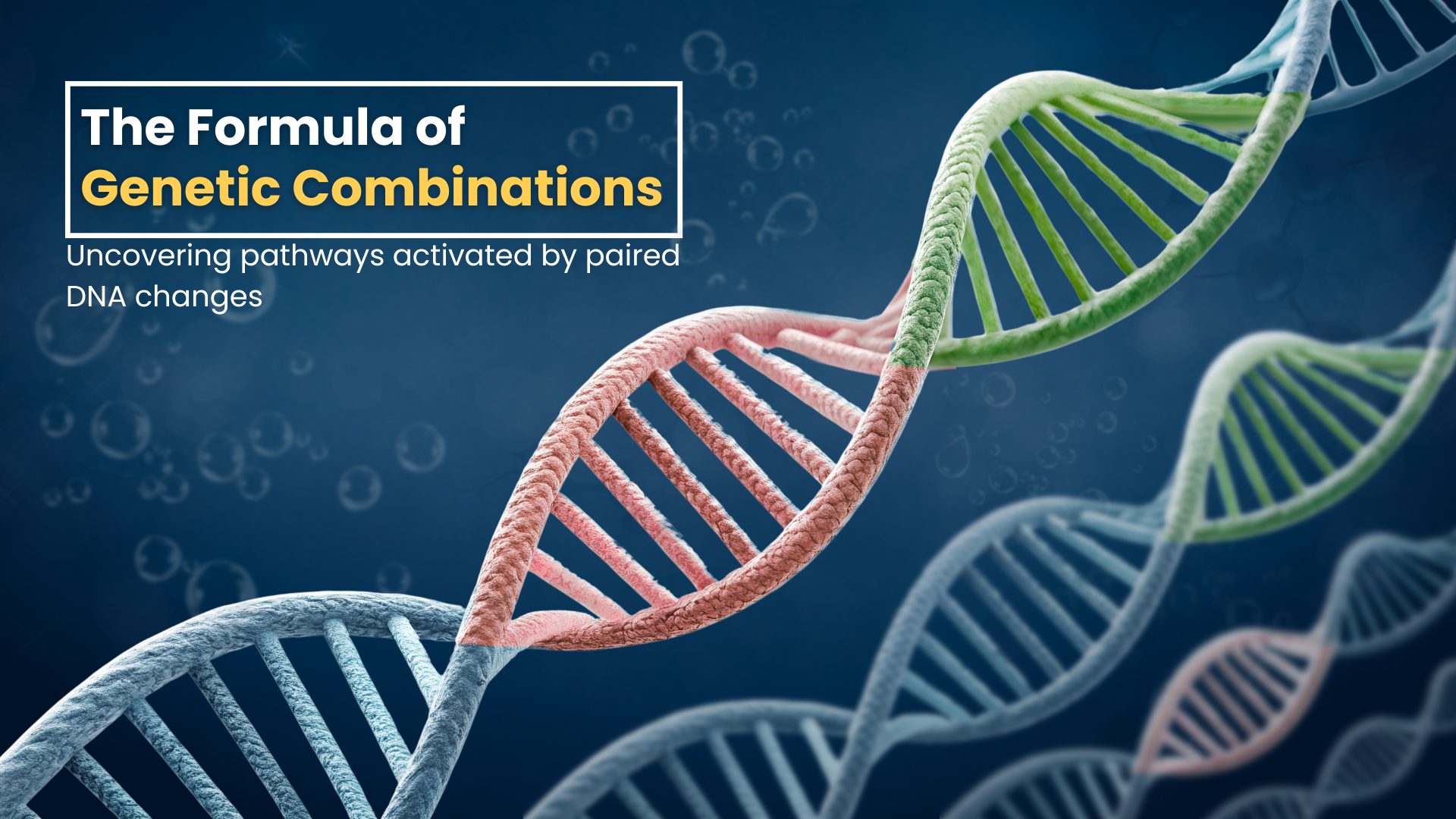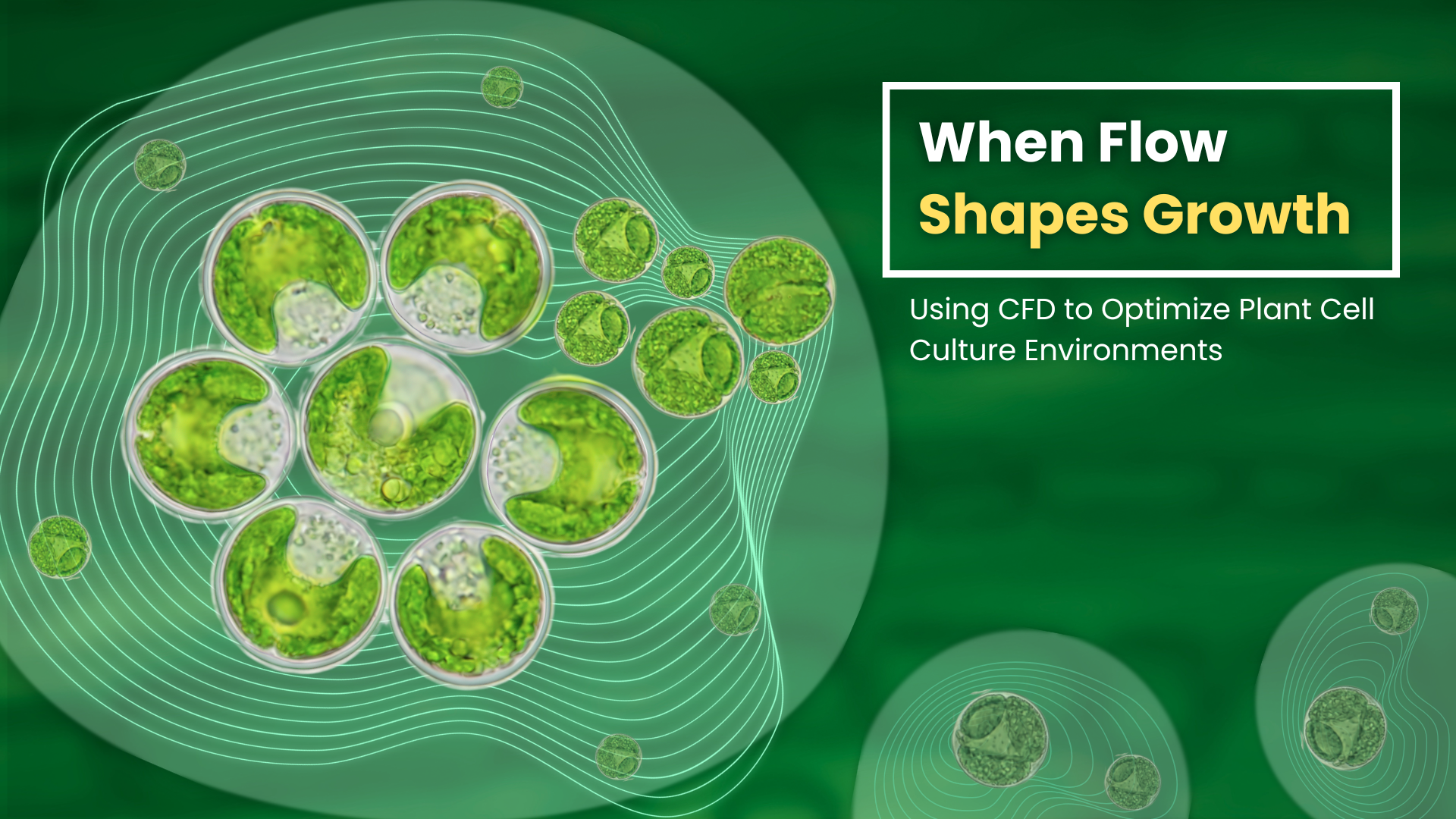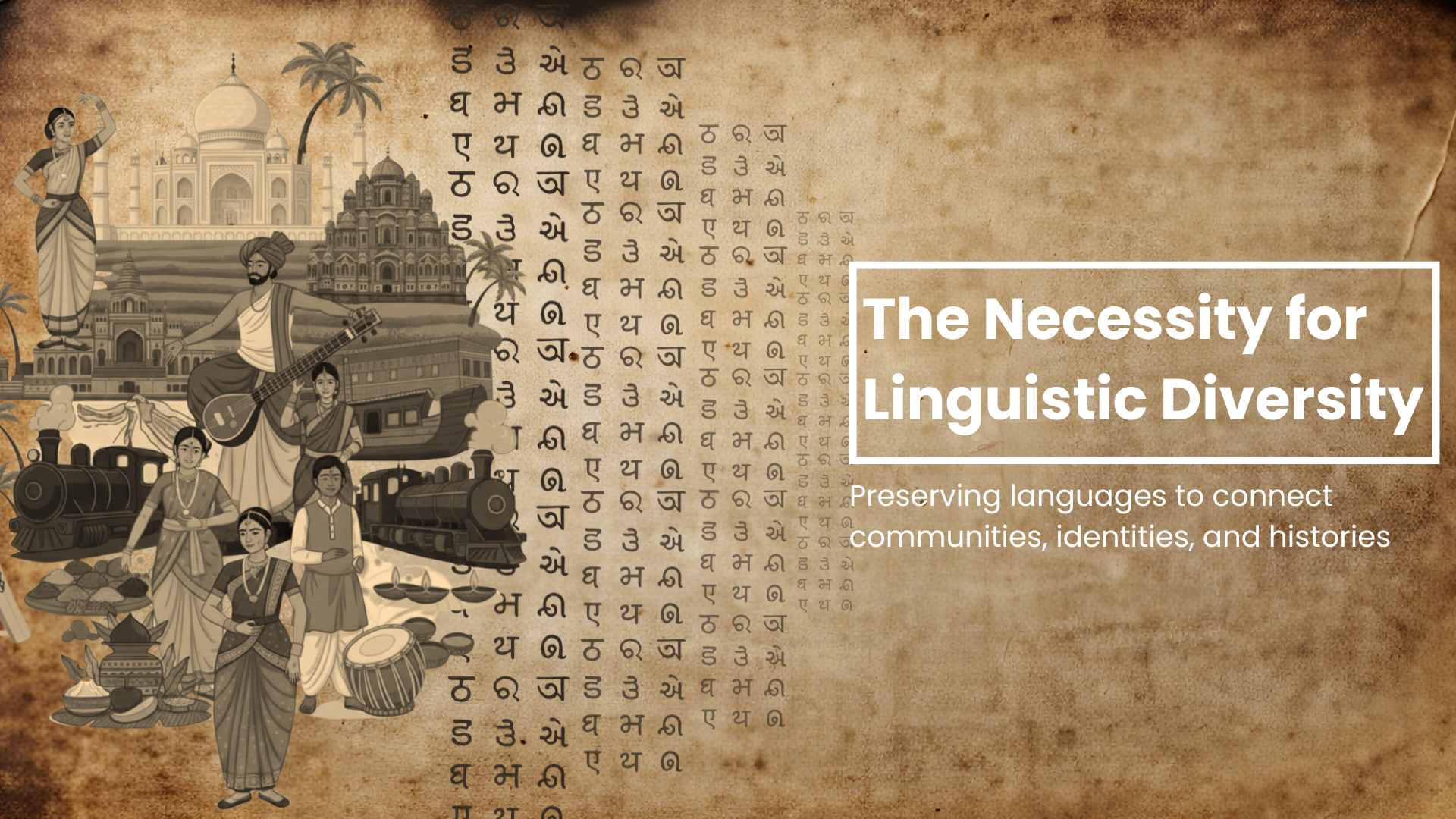
Chennai is a wonderful city. There is so much to love about it; the cuisine, with medhu vada, dosai, and filter coffee; its numerous temples, such as the Kapaleeshwar temple; the iconic Central Railway Station, Rippon Building, Marina Beach etc. It also has a very rich culture, heritage, and history. Its rapid growth and development bring both opportunities and challenges related to climate change and governance, particularly in its peri-urban regions where the city meets the countryside. Because of climate change, Chennai’s peri-urban regions have experienced major increases in flooding and drought in recent decades. Unfortunately, governance to deal with such situations is inefficient, with uncoordinated decision-making often generating additional disaster and climate risks. Moreover, governance in Chennai remains strongly administrative and decentralised, with a top-down approach rooted in the colonial legacy. Addressing these issues has become an urgent necessity.
This study is a part of the Peri-Cene project, which explores the interactions between periurbanization (development in areas adjacent to cities) and climate-environmental change in Chennai, India, and Manchester, UK. The project aims to co-design adaptive pathways to foster climate resilience in periurban regions, bridging local and global perspectives. The authors, Prof. Christoph Woiwode, Mr. A. Ramachandran, Mr. Tarun Philip, Ms. D Rishika, and Prof. Sudhir Chella Rajan from the Indo-German Centre for Sustainability, Indian Institute of Technology (IIT) Madras, Chennai, India (Prof. Christoph Woiwode is also affiliated with Leibniz Institute of Ecological Urban and Regional Development, Dresden, Germany), have applied a multi-dimensional “adaptive governance” framework to understand and address these challenges.

“Adaptive governance” has become a term used for addressing and dealing with wicked problems such as climate change, and other global (poly-) crises of socio-ecological-economic nature that render our future uncertain. The key challenge here is for governance to move from its current top-down, hierarchical approach to a more experimentally guided co-creative and co-productive type of collaborative governance that includes diverse stakeholders. This would better allow for climate change adaptation within a longer-term perspective of transformative future development pathways.
For peri-urban Chennai, the authors applied a perspective of adaptive governance that is:
- Multi-dimensional by deploying this adaptive governance framework.
- Multi-level, considering local, intermediate, and state governance levels, and
- Multi-scalar applying the Peri-Cene approach of the bio-regional (macro), landscape (medium), and community/neighbourhood (local) scales.
This paper focuses on the identification of possible entry points for generating an adaptive governance approach for sustainable, climate change-responsive development pathways for peri-urban Chennai. It tries to utilise the advantages of peri-urban dynamics and the potential for transformative innovation in governance structures. For example, the Muthukadu-Kovalam sub-basin shows possibilities to intervene in a region that will continue to urbanise rapidly. Future policies could incorporate nature-based designs to avoid further social and ecological fragmentation while raising resilience and generating economic opportunities through eco-tourism.
Sooner or later these adaptive pathways and recommendations will have to challenge the existing system that has produced such problems. By fostering innovative, inclusive governance practices, peri-urban Chennai can build resilience and adapt to the pressing realities of climate change while maintaining its unique character and vitality.
Chennai’s future lies in embracing its peri-urban potential while addressing its vulnerabilities—a journey of resilience and transformation that requires new ways of thinking about governance and development.
This work is a product of IGCS and the Peri-urban Initiative.
Prof. Joe Ravetz, Future Cities Lead, Manchester Urban Institute, Manchester, United Kingdom, gave his analysis of the work done by the authors and acknowledged its importance with the following comments: “As climate change coincides with rapid urbanization, peri-urban areas are on the front line of flood, fire and storm, alongside disruption of land and livelihood. This paper is a far-reaching account of the Chennai region and its hinterland, both of the challenges, and on ways forward.
An intriguing example of water governance shows a large-scale systems mapping drawn from stakeholder workshops, with numerous ‘entry points’ for action. This demonstrates the ‘nexus’ of water, soil, food, ecosystems problems – and then the way forward via ‘adaptive governance’. In comparison to traditional ‘top-down’ government, this is based on a collaborative and transformative process of shared decision-making, with an overall ‘collective intelligence’ between all stakeholders.
This paper then puts the ideas into practice, with positive combinations of agro-ecology-water-adaptation, from the village to the regional watershed. At each scale it seems there are many more opportunities to be mobilized new forms of adaptive governance – and this paper is a crucial contribution to that journey.”
Click here to the Periurban Initiative Global website
Article by Akshay Anantharaman
Click here for the original link to the paper










